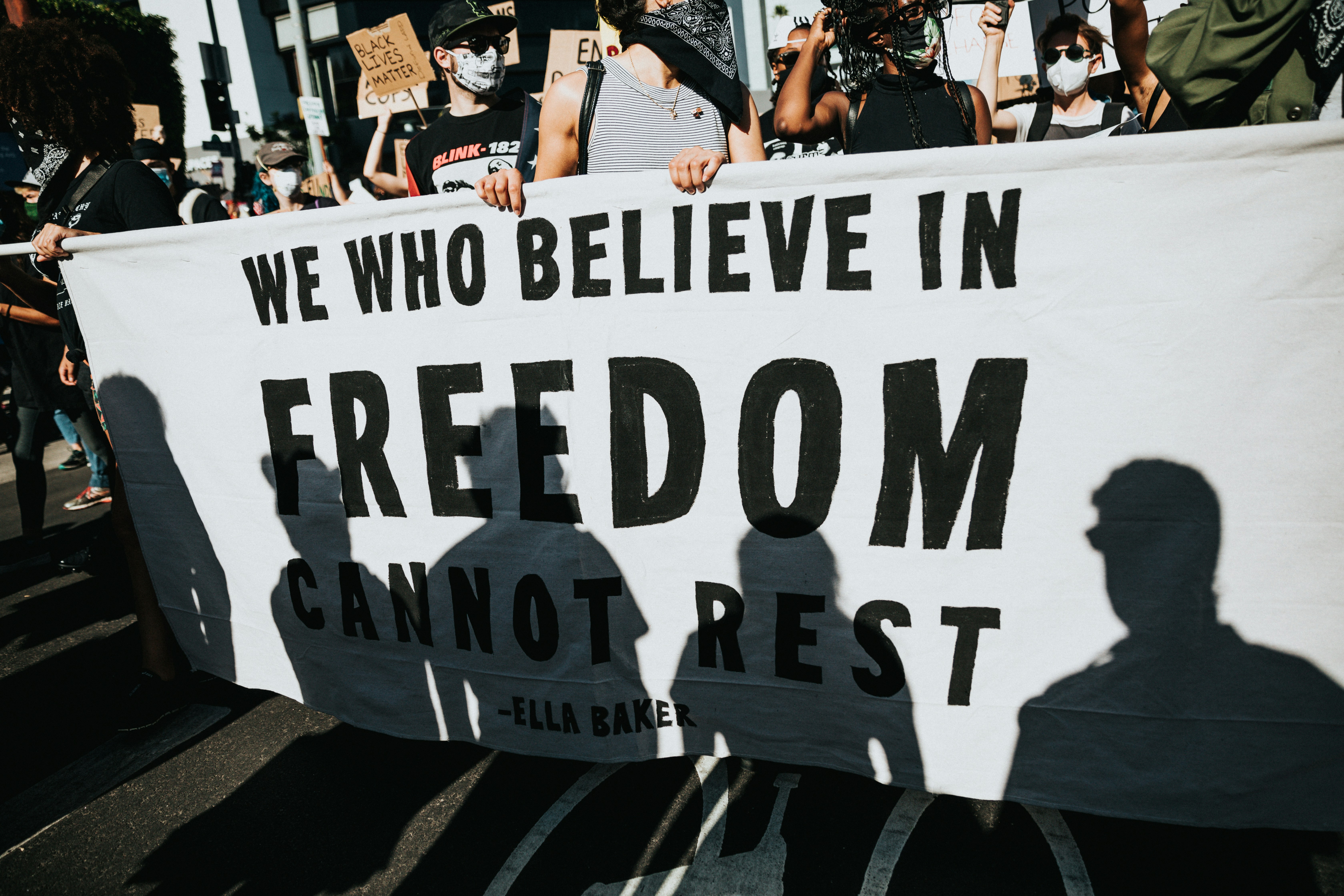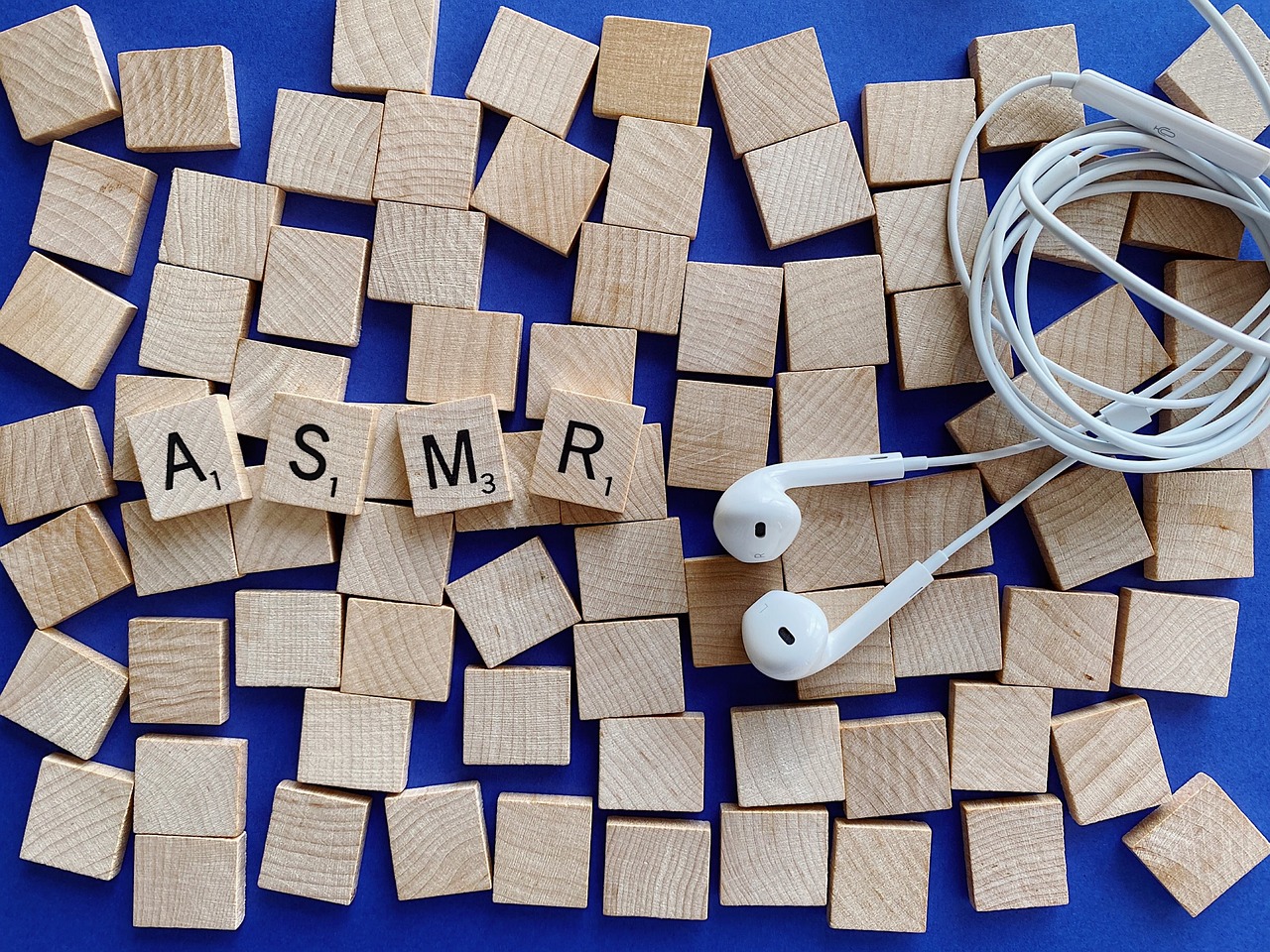The Emergence of Neo-Tribalism in Modern Society
Introduction: In a world that is increasingly interconnected, the rise of neo-tribalism presents a fascinating counterpoint. This modern social phenomenon, rooted in our primal past, is reshaping how we interact and identify ourselves. Read below to understand the implications of this cultural shift.

The Roots of Neo-Tribalism
Neo-tribalism, also known as modern tribalism, is a sociocultural phenomenon characterized by a resurgence of group identities based on shared interests, values, or experiences. The concept draws inspiration from traditional tribal societies, where life was organized around tight-knit communities bound by common cultural and social ties.
The Rise of Neo-Tribalism
In recent decades, the concept of neo-tribalism has gained relevance as individuals seek out new forms of social connection and identity. This trend is driven by numerous factors, including the impact of globalization, the pervasiveness of social media, and a growing disillusionment with traditional societal structures.
The Influence of Social Media
Social media platforms have emerged as the primary breeding ground for neo-tribalism. They provide a digital space where individuals can connect with like-minded others, forming bonds around shared interests and experiences. These online tribes offer a sense of belonging and identity that transcends geographical boundaries.
The Implications of Neo-Tribalism
The rise of neo-tribalism has profound implications for society. On one hand, it fosters a sense of community and belonging in an increasingly fragmented world. On the other hand, it can exacerbate social divisions and contribute to the spread of misinformation.
Concluding Thoughts
Neo-tribalism represents a significant shift in how people form social connections and construct their identities. As this trend continues to evolve, it will undoubtedly shape the social and cultural fabric of the future. By understanding the dynamics of neo-tribalism, we can better navigate the complex landscape of modern society.
Through this exploration of neo-tribalism, we can see how the primal instinct to belong is being reimagined in the digital age. This phenomenon is reshaping the way we perceive ourselves and others, influencing societal norms, and driving cultural change. The implications of this shift are far-reaching and will continue to shape our world in the years to come.





